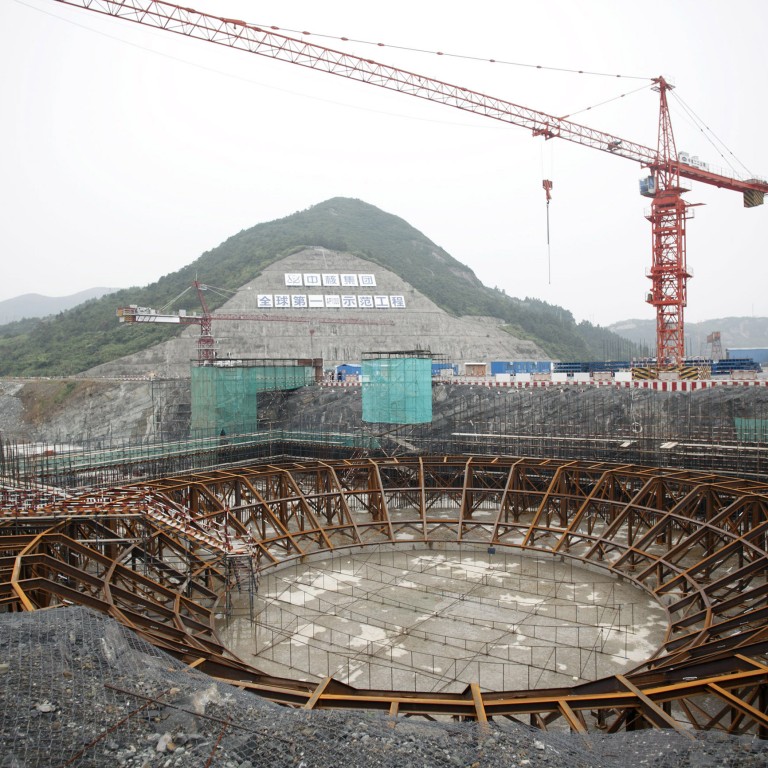
US cyberespionage charges may cool Westinghouse's China nuclear deal
Business ties at risk after Washington accuses five PLA officers of hacking
China may consider postponing negotiations for buying eight nuclear reactors from an American nuclear company embroiled in a US indictment of five PLA military officers for alleged cyberespionage, Chinese experts say.

Five cybertechnology experts, allegedly from the People's Liberation Army's Shanghai-based Unit 61398 that has been accused of being a major source of cyberattacks abroad, are now wanted by the FBI for hacking into a number of US firms, including Westinghouse Electric, the company tendering to supply the Chinese nuclear power plants.
Beijing angrily denied the charges against the five and said the accusation would damage Sino-US ties.
Watch: China accuses US of 'hypocrisy' as hacking row escalates
Professor Gu Zhongmao, deputy science and technology director of the China Institute of Atomic Energy, said Westinghouse's involvement in the indictment came as a "big surprise" because the company was known to have maintained good relations with the Chinese government.
He said that before the incident, the Westinghouse tender was leading the competitors as their generation III AP1000 reactor had been regarded as the most promising candidate for China's new national standard.
Gu, who is not directly involved in the negotiation but advises Beijing on nuclear policy, said the incident could affect Westinghouse's ties with Beijing.
"Unlike other businesses, the contracts of nuclear projects are largely determined by politics due to their enormous investment and sensitivity to national security," Gu said. "Politics plays a bigger role in a deal than technological or financial concerns."
Professor Cai Cuihong, from Fudan University's Centre for American Studies, agreed.
"China will likely postpone the negotiations with Westinghouse and turn to other countries for the nuclear reactors if the US insists on the indictment. This will be an example of how bad politics affects good business," said Cai. The centre advises central government leaders on Sino-US relations.
Westinghouse has remained silent since the indictment, and its Chinese office and US headquarters have not responded to questions from the
Westinghouse spokeswoman Sheila Holt was only quoted by the as saying that the company "wasn't expecting" the indictment and could not comment on it before thoroughly reviewing it.
The company's Chinese partner, the State Nuclear Power Technology Corp (SNPTC), was also cautious.
Zhu Shutang, a senior project manager at the SNPTC's Beijing headquarters, said the incident would not affect contracts that had already been signed between the two companies.
"Our contracts had been signed under the political agreements between the Chinese and the US governments. I don't think [the indictment] will make a dent," he said.
Meanwhile, in an interview with CNN, China's ambassador to Washington, Cui Tiankai, said the US was guilty of the same allegations it had levelled against China, and that China had been a victim of US cyberattacks.

